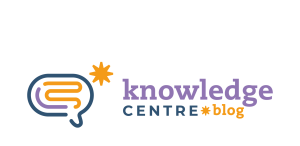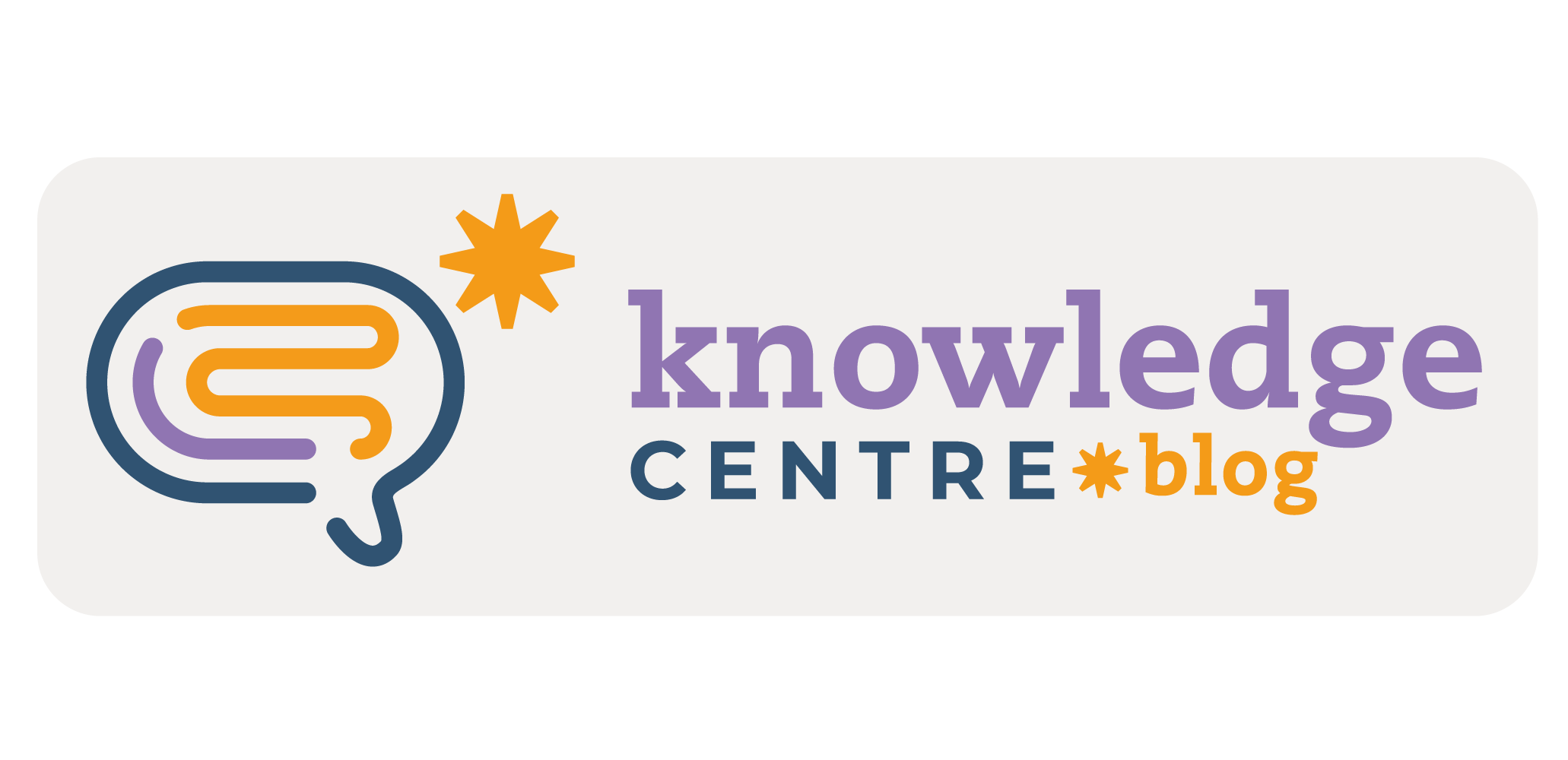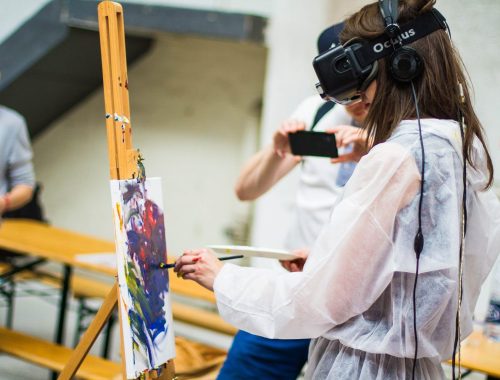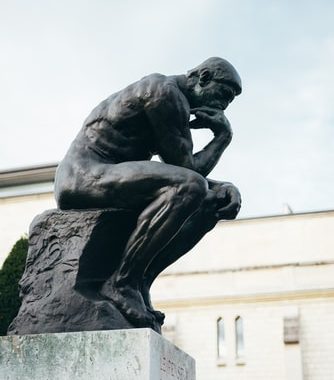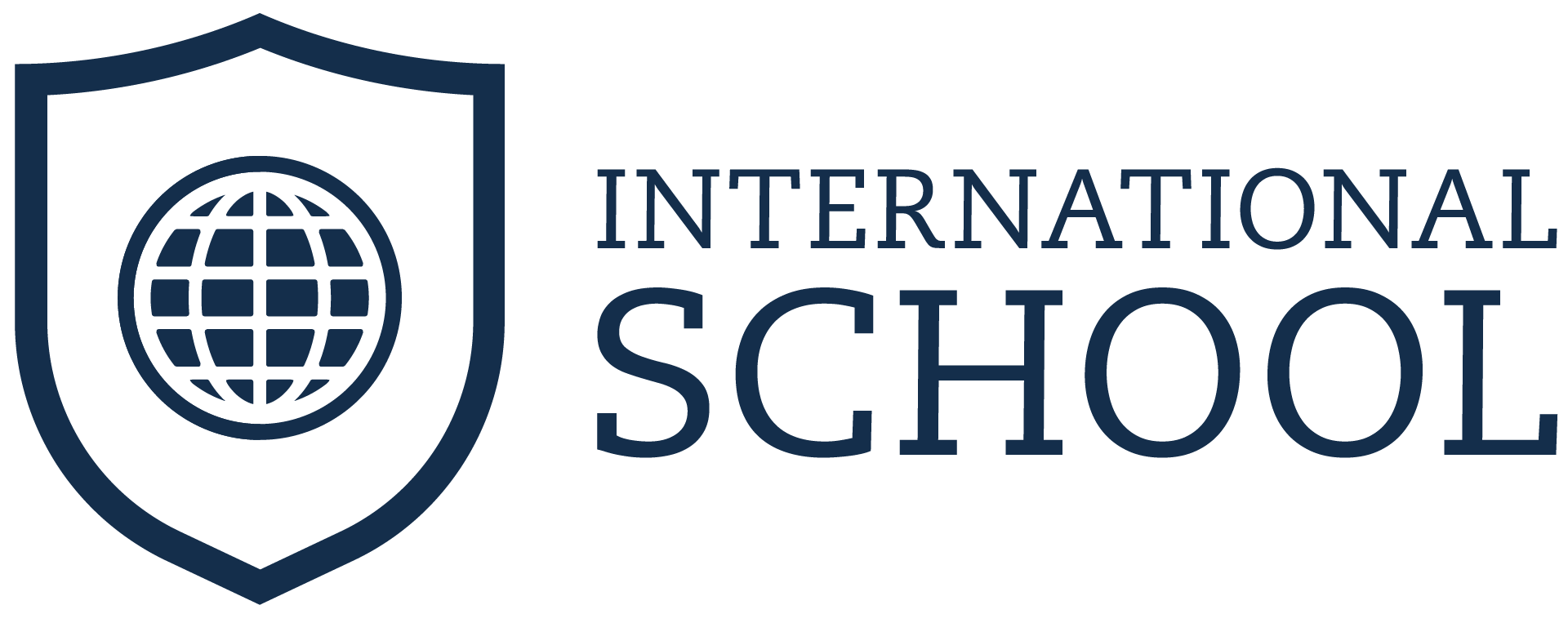Many people share their ideas and insights on how education should be. Some are teachers and coordinators, who have dedicated their lives to studying and teaching. Others are families and students, who believe that this or that way is the best one for learning to happen. We also have, of course, the politics, which dictate how education is going to happen with documents such as the Lei de Diretrizes e Bases da Educação Nacional (LDB), Base Nacional Comum Curricular (BNCC), or the trilhas da formação.
Somewhere among these people we have Rubem Alves, a psychologist turned teacher turned writer. In his chronicles, he often tackles the subject of teaching and how it should, or should not, happen. Let’s look at some of his thoughts and how it connects to International School’s practices?
- “[…] todo professor não deveria ser um professor de espantos?” (Alves, 2014) “Porque a inteligência é a procura do desconhecido que não foi ensinado e não é sabido.” (Alves, 2021) – Rubem Alves makes us think about our purpose as a teacher. Teaching is not about inserting information into quiet brains, but to have our students get excited about what they are learning, think about it and discover things they hadn’t thought of before. That’s why, in our practices, we focus a lot on critical thinking and interpersonal skills. Having students research together, debate, and create helps develop this “espanto.”
- “[…] de tanto ler as ideias de outros, os alunos se esquecem de que eles também podem pensar e que seu pensamento é importante.” (Alves, 2014) “Pensar não é saber as respostas. Pensar é saber fazer perguntas.” (Alves, 2018) “Quanto mais se é obrigado a ler, menos se pensa.” (Alves, 2021) – Once again, we have the idea of learning not as a passive act, but that of an active one. We want our students to be free thinkers, developing from low order to high order thinking skills as in Bloom’s Taxonomy, going from understanding to creating.
- “Simplesmente ouvir as crianças é coisa muito preciosa. Elas aprendem que são importantes e que é importante ouvir as outras.” (Alves, 2014) “Amamos não a pessoa que fala bonito. É a pessoa que escuta bonito. A escuta bonita é um bom colo para uma criança assentar…” (Alves, 2018) – We teach through example. So, if we want to educate students who know how to communicate through listening and speaking, reading, and writing, we must show them how to do it. Sometimes students go out of topic, and we must lead them back to the main point – but don’t forget to come back to it at some point and let them finish their thoughts, show them they are important!
- “E, assim, os ditos exames, que são elaborados apenas como guilhotina para degolar os menos espertos que querem entrar, se estabelecem como camisas de força para o pensamento dos que estão apenas começando […].” (Alves, 2021) – Thinking about university entrance exams, Alves explores the idea that just teaching for tests won’t lead students to a good variety of paths, once they might not be able to think by themselves, but perhaps merely spilling out memorized content. That’s why it’s so important not only to focus on different skills while teaching, but to also consider Unesco’s Pillars of Education and the 21st Century Skills.
- “A tarefa do professor é a mesma da cozinheira: antes de dar faca e queijo ao aluno, provocar fome…” (Alves, 2021) – We always start a lesson with a warm up, don’t we? And why is it so? The warm-up teases the students’ stomachs, making them interested in the subject they are about to learn (besides bringing forth previous knowledge. But let’s focus on the metaphor). It is not always effective to start a class by telling students to open their books to page whatever and do this and that task, we must make them hungry first!
- “Isso que estou ensinando é ferramenta para quê? De que forma pode ser usado?” (Alves, 2018) – These are questions Alves tells us to ask ourselves when teaching content. After all, all knowledge is a tool for us to do something. So how is this tool going to help our students in their current and future lives? How is this relevant to them? The teaching of English in a bilingual context does not focus on grammar per se, but on its usefulness to discuss content. We focus on developing skills, on creating challenges, and help our students learn how to be, to learn, to do and to live with others (got the reference?).
- “Com frequência, os alunos são capazes de aprender coisas difíceis […] em virtude da admiração que sentem pelo professor.” (Alves, 2018) – Rapport is important in teaching. I believe we all find it out the best or worst possible way at some point in our careers. Without rapport, our lives might get much more complicated, as students might not pay attention to us, or make a mess in the classroom, talk back to us… But teachers who live in the students’ hearts, whom they can look to and think “this is a great teacher and I love this subject” is a teacher who may have not only a better control over the classroom, but also better results in the learning process. Think about three teachers: the one that was very funny, even though they didn’t give much content. The one whose classes you really disliked. And the one you learned the most from. Are they the same? What differs the last one from the others? And I’ll answer this one: it was admiration. They are usually the teachers that go that extra mile to make the content more interesting, who pay attention to students’ needs and individual needs, who listen to them and bring their ideas and opinions into the class.
These are merely a few of the many thoughts Rubem Alves has on education. along with some ideas that I’ve gathered from reading his works. I must tell you how great an experience it is to read his books, and I surely recommend you do so too!
Teachers play a crucial role in shaping our future by imparting knowledge and wisdom. Their dedication, patience, and passion for education inspire and empower us to reach our full potential. From instilling a love for learning to nurturing our growth, teachers create a profound impact on our lives. We owe our gratitude to these mentors who light the path of knowledge and guide us towards success. Thank you, dear teachers, for your unwavering commitment and the invaluable gift of education you bestow upon us. Here is a video International School developed to honor our dear educators. Enjoy it!
References:
ALVES, Rubem. A educação dos sentidos: Conversas sobre a aprendizagem e a vida. Planeta, 2018.
ALVES, Rubem. Ao professor, com carinho: A arte do pensar e do afeto. Paidós, 2021.
ALVES, Rubem. Ostra feliz não faz pérola. Planeta, 2014.

By Adriana Oliveira
Adriana has been working with education for over 13 years. She has a bachelor’s degree in Languages from Universidade de São Paulo and holds a CELTA and Train the Trainer certificates. She also really likes cats.
